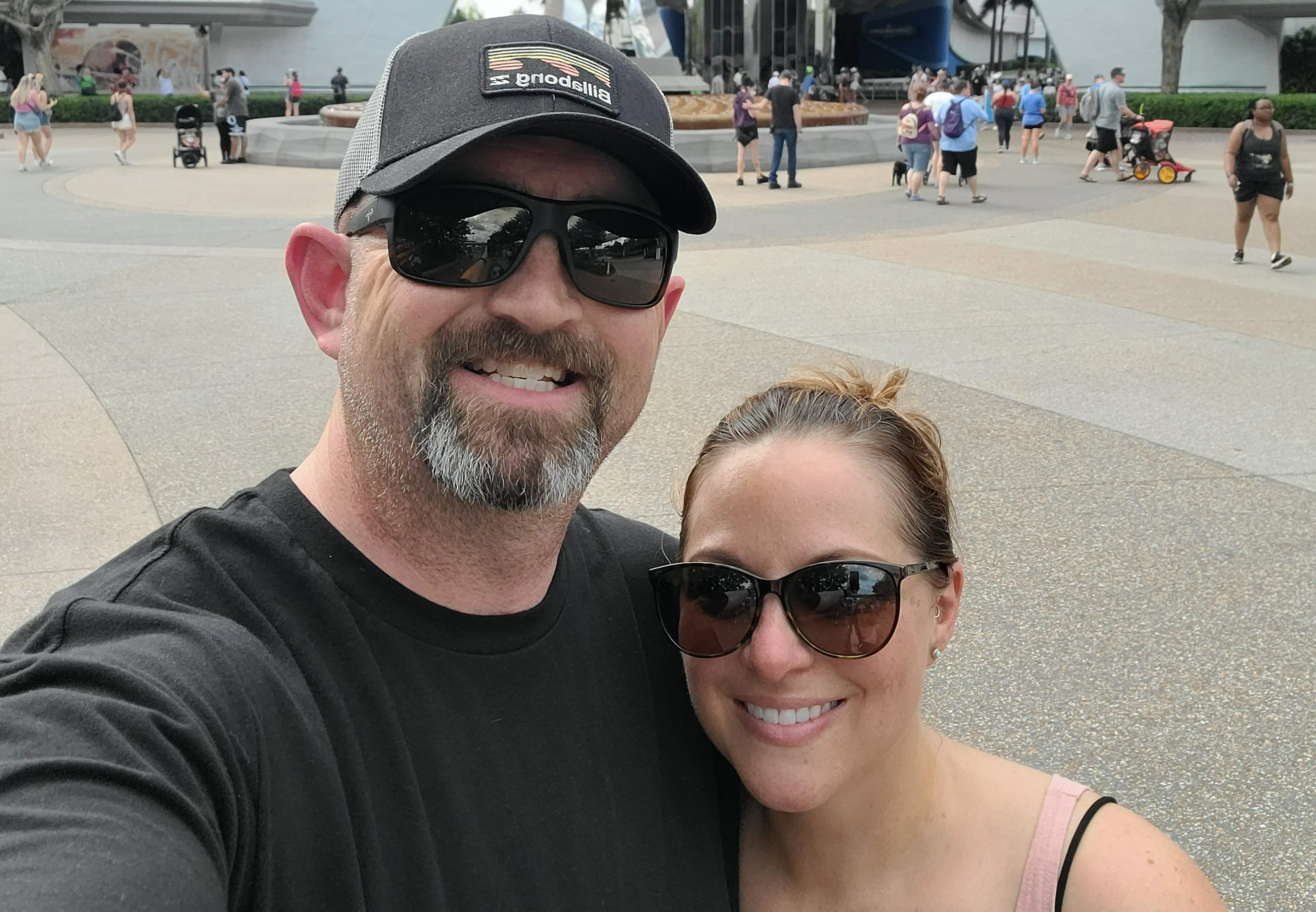Officer helps others through mentor certification program
As a correctional officer turned rehabilitative program mentor, Correctional Officer John Janvrin has seen all stages of self-growth within institutions. As CDCR celebrates National Correctional Officer Week, Janvrin elaborates on how CDCR has changed for him.
Jarvin works at California State Prison, Los Angeles County (LAC), and has been with CDCR for 15 years. In 2022, Janvrin was assigned to LAC’s Offender Mentor Certification Program (OMCP), operated by the Division of Rehabilitative Programs (DRP). He supported the first cohort of level four men to participate and graduate the program statewide.
“Throughout the course of the program, he has treated the individuals with respect and professionalism. Officer Janvrin is an excellent role model and has shown those around him human kindness and respect while still completing his job duties,” said a graduate’s family member.
Janvrin began his CDCR career at California Correctional Institute (CCI) in 2008. He later transferred to California City Correctional Facility (CAC) and joined LAC in 2014. He began his work in DRP program areas in 2019.
What motivated you to become a correctional officer? What do you enjoy most about your job?
Honestly, at the time I became an officer, it was probably the benefits and the money. It’s hard to look past (those reasons) when trying to raise a family. You see that you can take care of a family with this job. Going through the process and becoming an officer, what I enjoy is the position I have now, which has been the most enjoyable in 15 years. Being a part of something that is a more positive is a plus in my opinion. It does take a little bit of the stress out of the work, not always having to deal with the negatives of prison. Obviously, I love my partners and they are a big reason I get up every day. I have great partners and I love being there for them, too.
What are some of the biggest challenges you face on a daily basis? How do you overcome them?
(It’s a challenge) dealing with each person on a daily basis and trying not to lump them into one big group. I know they have different case factors (and) different outlooks on life. Dealing with that is basically just having conversations. With DRP, (incarcerated participants) get away from the yard, even just for a few hours. They are able to talk about something they would not on the yard and get stuff off their chest. Some learn things to help people on the yard. Having conversations, dealing with it that way, minimizes stress.
How has your role as a correctional officer evolved over the years? What changes have you seen in the corrections industry?
My outlook on the prison system is what has changed. I cannot say I have never been one of those people that always had a negative outlook on prison. I cannot say I always thought rehabilitation works. The nice thing about being a part of the rehabilitation side of it now is I see it does help. It does not happen for everybody, but you can see the change in these guys and it is definitely positive. It is a great change to watch happen because I think even just out on the yard, a lot of people do not get to see it. They do not get the positivity because of all the other work that has to be done.
When he isn’t at LAC, he spends his time with family, always looking for a good movie or vacation destination.
As CDCR and CCHCS continue to improve an environment rich in rehabilitation and build a safer and more professionally satisfying workplace, staff like Officer Janvrin are vitally important to recognize and empower. His efforts clearly work toward changing lives, one conversation at a time.
Story by Ike Dodson, Information Officer II, CCHCS
